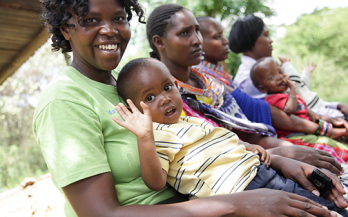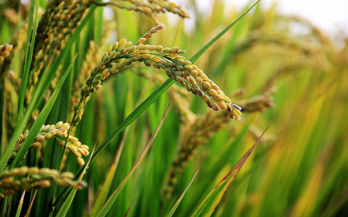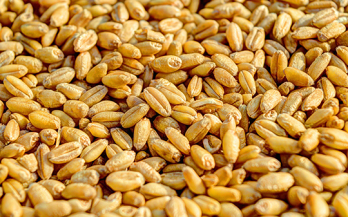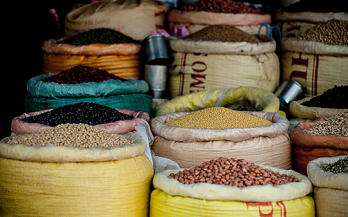This concept brief advocates for addressing nutrition security of tea farmers to break the vicious cycle of under-nourished coffee families over generations. The successful integration of interventions in tea certification training programs could lead to a more diversified and nutritious local diet, resulting in healthier and more productive tea farmers.
This concept brief advocates for addressing nutrition security of coffee farmers to break the vicious cycle of under-nourished coffee families over generations. The successful integration of interventions in tea certification training programs could lead to a more diversified and nutritious local diet, resulting in healthier and more productive coffee farmers.
Millions of families worldwide face inadequate access to diverse and nutritious foods. This brief presents GAIN’s Multinutrient Supplements Initiative (MSI) in Kenya, showcasing the success stories of delivering fortified foods and nutrient supplement to vulnerable families throughout the country.
There is a large unfinished agenda around legislating the fortification of grains with iron and folic acid, and the fortification of edible oils and vitamin A. This briefing paper calls for enactment and enforcement of fortification legislation, and the improvement of the quality and coverage of existing programmes.
This Rice Fortification toolkit describes in detail the process to blend fortified kernels with milled, non-fortified rice in order to produce fortified rice. It describes the equipment required, its integration with a typical milling facility and important quality control aspects.
This policy guidance document serves as a resource for those responsible for food fortification policy development and programme implementation. Its overarching aim is to help countries achieve the target public health outcomes that are established by stakeholders at the outset of food fortification programmes.
The Partnering toolbook builds on the experience of those who have been at the forefront of innovative partnerships and offers a concise overview of the essential elements that make for effective partnering.
GAIN and the Institute of Development Studies (IDS) with support from the United States Agency for International Development (USAID) have developed this tool programme planning document to assess and improve the linkages between agriculture and nutrition.
This document details the nutritional guidelines for GAIN-supported projects for infants and young children. GAIN supports companies and agencies in the development, production and marketing of these three types of products to improve the nutritional status of older infants and young children in several developing countries.
This presentation is an overview of GAIN's Infant and Young Child Nutrition (IYCN) programme, which aims to improve availability and accessibility of affordable nutritious infant foods through innovative and new delivery models. It presents the three models of delivery (public, fully commercial and social business), a map of its 23 projects in 17 countries and six lessons derived from IYCN's operations.










